From time immemorial, human beings seem to be at odds with one another. When these differences become so heated and unresolvable, it eventually erodes into physical violence. This violence has manifested into some of the most horrific exercises in human history, things which every school child is aware of and none of which we have to recount here.
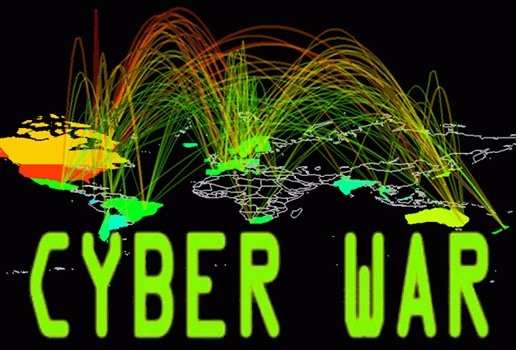
Although humans have been cruel and violent for a very long time, the 20th century may have epitomized that behavior. With two World Wars and many, many "minor" conflicts, the 20th century did not reflect well on human nature or human history.
With the advent of the 21st century, warfare seems to be transitioning from what the military leaders now refer to as 'kinetic" warfare to cyber warfare. Kinetic warfare is where bullets, bombs, tanks and planes move (kinetic) and kill. Cyber warfare is where each side attempts to compromise and destroy the others digital infrastructure.
In kinetic warfare, the nation with the largest budget for kinetic weapons has a decided advantage. They can develop and purchase the most advanced and deadly weapons and employ them against the enemy. This advantage may not apply to cyber warfare.
Cyber warfare targets the other nation's digital infrastructure. If a combatant can take out the digitally controlled systems such as the electrical grid, communication, transportation, and sewer and water, the other side's ability to fight will be severely hamstrung.

One of the aspects of cyber warfare that differentiates it from kinetic warfare is that the more technologically advanced combatant may actually be at a disadvantage, in contrast to the kinetic warfare. The more a nation or group of people is dependent upon digital systems, the more vulnerable they may become.
Many of the weapons of the 20th century such as atomic bombs, stealth aircraft, etc. were extraordinarily destructive and expensive. Only a few nations could afford them and use them. The weaponry of the 21st century may be just as effective, but cost a fraction.

The dramatic change in weaponry may change human history. First, it may level the playing field between the richest and most technologically sophisticated nations and those without the same resources. In fact, it may actually stand that advantage on its head as the more technologically advanced nations may actually become the more vulnerable to cyberwar attacks.
Cyber warfare is just one more example of why I think "hacking" is not only the most important information technology skill, but may be THE most important skill... period... in the 21st century.

The Present Middle East Conflict
As most of you are aware, there is an ongoing conflict in the Middle East, pitting the self-proclaimed Islamic State (ISIS) and the forces of Syria, Iraq, Iran, and a western coalition compromised primarily of the U.S. military. Like any military conflict in this era, it has a cyber warfare component. Both sides are using cyber attacks against each other in new and different ways.
This conflict may become the first great test of cyberwar hacking. Although every conflict and potential conflict in the 21st century has had a cyberwar/hacker component, this conflict seems to be taking it to the next level. Beginning with the Russian invasion of Georgia and the subsequent DoS attack on Georgia's Internet infrastructure to the U.S. development of Stuxnet and its sabotage of Iran's uranium enrichment facility, it's clear that cyber warfare is here to stay.
Let's take a look at some of the events of recent months and days.
ISIS Releases Names and Addresses of US Troops
ISIS has been particularly effective in using social media to recruit members to their cause. They use Facebook, Twitter, and Instagram to communicate their goals and recruit new members. Although this is not technically cyberwar, it certainly points to sophistication of this group in using the Internet to further their goals.

A group calling itself the "CyberCaliphate" has hacked a number of websites of newspapers and TV nations and Twitter accounts in the U.S. and western nations engaged in the war against ISIS. In addition, this "CyberCaliphate" hacked the Twitter account of the U.S. Central Command. During the brief time that had control of that account, they posted threatening messages to U.S. soldiers.
Most recently, a group calling itself the "Islamic State Hacking Division" claims to have hacked into U.S. Department of Defense (DoD) servers and posted online the names and addresses of U.S. service people that are engaged in the war against ISIS. They then issued a threat to those service people. The U.S. Central Command has stated that the information was not hacked from DoD servers , but was rather available from public sources online.
In response to this attack, the U.S. Central Command posted, "We are operating in a 'new norm' in which cyber threats are real and constant."
That is an understatement, if there ever was one.
Anonymous Hacks ISIS
In January, Anonymous declared war on ISIS. The hacker collective that played a key role in the "Arab Spring" revolutions against authoritarian regimes in Tunisia, Egypt, and other nations, decided to apply its might and skills against ISIS. One of its first acts in the cyberwar was to take down over 800 ISIS social media accounts on Twitter, Facebook, Instagram, etc.

In the following online video, Anonymous threatens ISIS: "You will be treated like a virus, and we are the cure. We own the Internet."
Anonymous seems to have been effective to DoSing many of the ISIS recruitment websites and Twitter accounts.
This new conflict between Western powers and ISIS seems to be a precursor to the techniques and possibilities of cyber warfare in our new century. In my mind, it simply re-emphasizes that hacking skills are THE most important and valuable skills of the 21st century, and you, Null Byteans, are on the cutting edge!
Just updated your iPhone? You'll find new emoji, enhanced security, podcast transcripts, Apple Cash virtual numbers, and other useful features. There are even new additions hidden within Safari. Find out what's new and changed on your iPhone with the iOS 17.4 update.
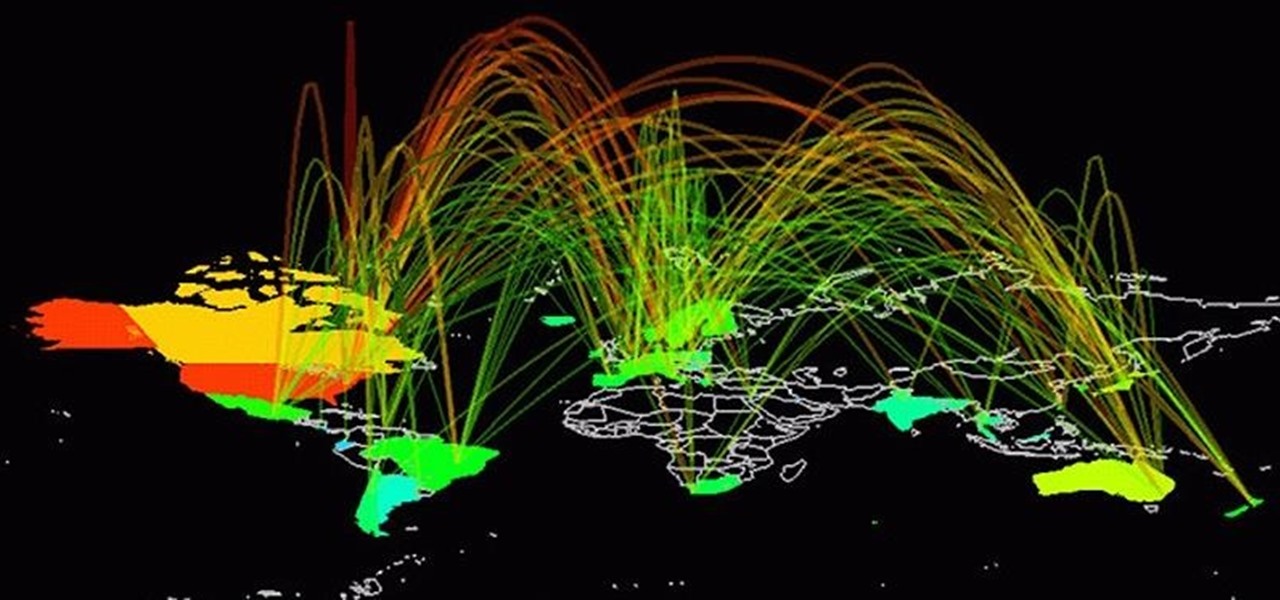


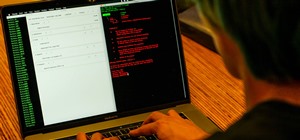


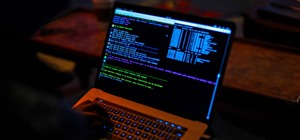

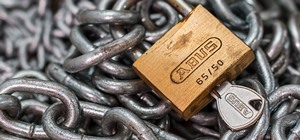

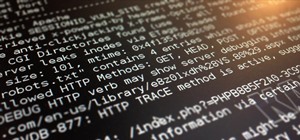

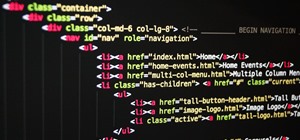
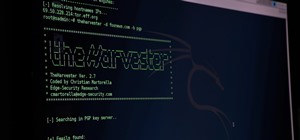
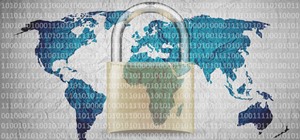


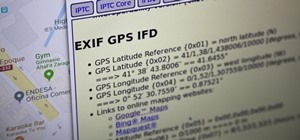
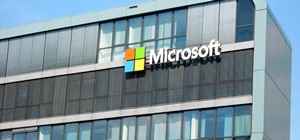

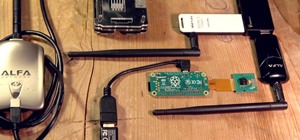
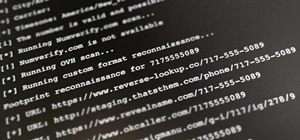
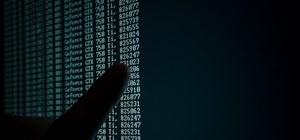
17 Comments
20th century:
fire in the hole
21 century:
Exploit the hole
I know it's not just me that finds Anonymous fascinating.
Not to mention the fact that the U.S. Military must be loving having the biggest, notorious hacker collective on their side.
I always tell people that it's worth it to at least learn what we consider the basics of operating a computer. Sadly, there still appears to be a stigma attached to knowing and some kind of strange pride in being ignorant in this area. Though I'll never understand why.
Awesome post OTW.
ghost_
This was a fantastic post. Really brings you back into reality and where we are heading. I'm glad that we're all good with security because there is a lot to come. Thanks for the awesome post, OTW.
I am amazed to be watching all of this as it happens, opinions, responses, debeates...
Another fascinating side is this (I hope full) freedom of speech that the internet offers. Behind a picture and a fake name, anyone may say anything, either considered good and bad...
Ghost_:
Referring to the educational part, I agree with you. I think that infosec should be a priority for schools too. People look at their smartphones like magical objects. If you don't know the technology you use... it feels dumb.
Thank you. Couldn't have said it better. At my school, in technology class, nobody knows crap and during coding classes they teach us how to use the program "scratch" to make games rather than fight off what really matters with python and C++. They education system needs to step up their game. Kids in my class don't know how to do the most basic things.
The worst part is that some of the kids pretend to be expert hollywood hackers and literally do inspect element on their browsers and pretend they're hacking. ugh.
Don't even bother about them, but do you seriously just use Scratch?
As far as I know, that might be useful for lower levels... like a project I heard about some months ago "The hour of Code"; sounds pretty interesting. Also, I've been following the Micro Bit tales, sounds amazing.
Yeah I also lead hour of code at my school, but only 2 or 3 kids showed up for my workshop on HTML
Great post OTW. Thanks! :)
@ CAMERO N GLASS:
So true. The education system is clearly not focused when it comes to teaching what is really needed.
That's what mine did. XD They changed the text and they said they hacked the website. lol
you think thats bad in my school we use turing uggg
Turing?
a really basic programming language ever use fbide? its more basic then that
Nope, and I guess that's a good thing! lol
a mixture of Euclid, Pascal, SP k. I swear it's designed for children of ten years of age.
Anonymous is helping us? That's new. ;)
But seriously, I don't ever want to declare war against Anonymous.
Now if only we could use Anonymous' botnet..... that sounds fun!
OTW, Great read as always ....
I have some questions i'd like to throw out there..
But first.
@CRACKERHACKER, Look a little deeper and you will see the truth....Anonymous has been helping the "people" longer then you know..Hidden agendas can only be hidden for so long....
Which brings me to my first question.
Many say ISIS is an Islamic creation,but who stands to gain from more War and killings?
Where is the funding coming from?
Why are they killing Christians?
Is ISIS turely following Islam?
What kind of equipment is needed to control the Drones ISIS uses?
Lets be honest here, Wars are created to fund a few..Many die in the name of "Freedom"....But Freedom from who? Seems to be more like"FREEDOOM".....History speaks for itself...
And finally.....Thanks to the great thinkers and doers at Anonymous...Once again you fight for truth and the rights of the blind......
Share Your Thoughts